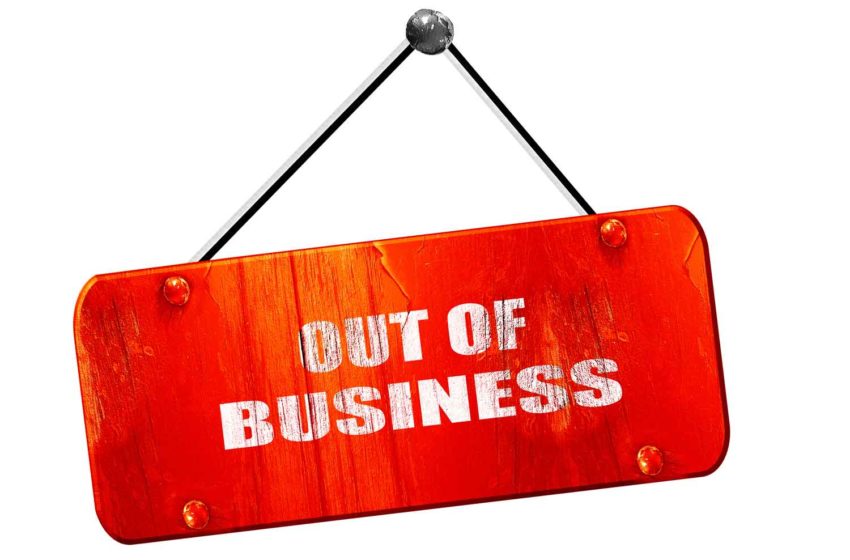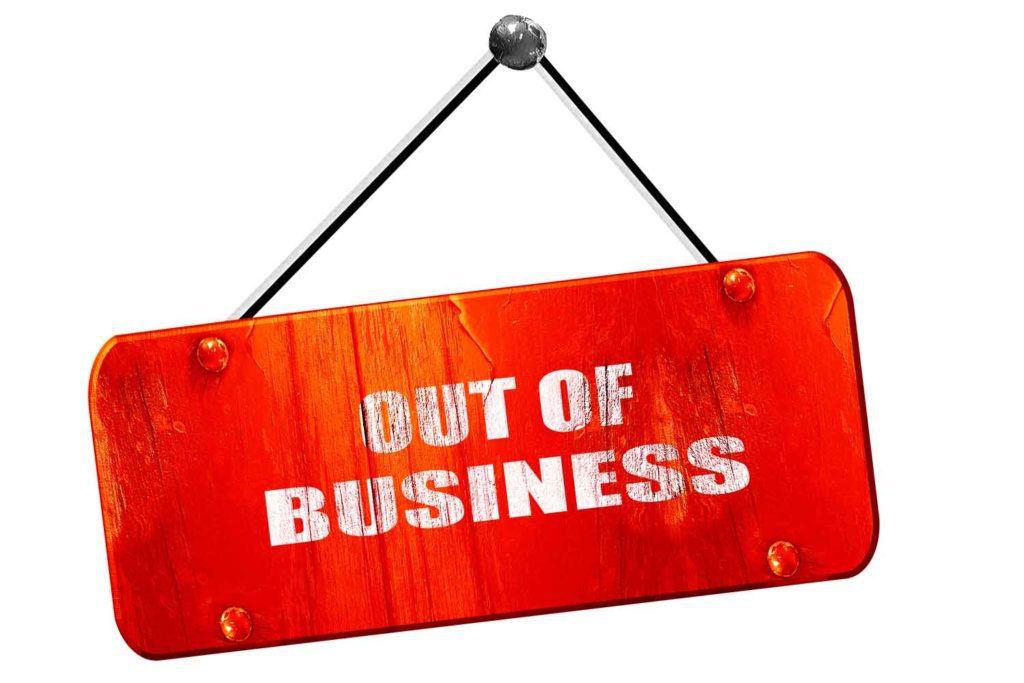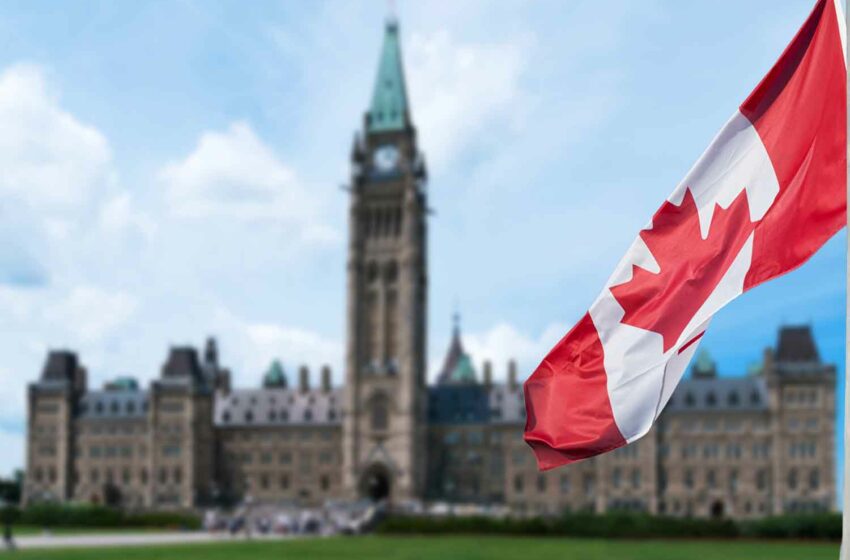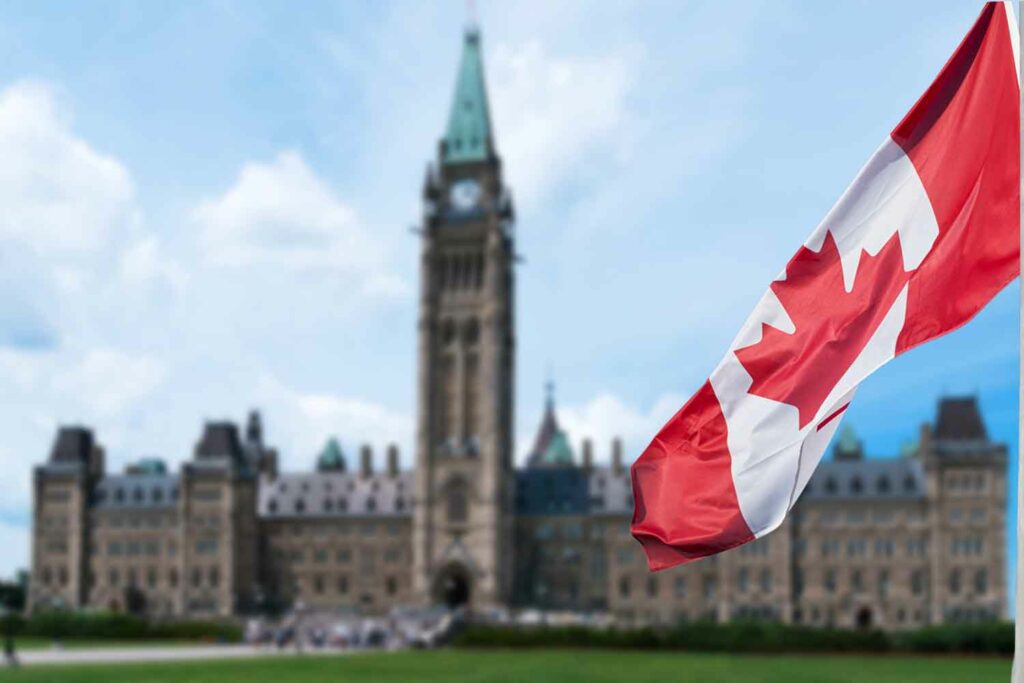By Danni Tower
Tobacco harm reduction (THR) is one of the greatest public health opportunities available today. By fully embracing this concept, we can significantly reduce the more than 8 million deaths attributed to smoking cigarettes each year. To do this, we need open discussion of and collaboration on evidence-based science, which underpins the development of reduced-risk tobacco and nicotine products and inspires confidence in THR.
The biannual Cooperation Centre for Scientific Research Relative to Tobacco (CORESTA) Congress plays a major role in progressing the THR agenda globally and enabling change. This October, over 165 member organizations—including companies, research institutes, laboratories, associations and regulatory bodies from around the world—will come together for five days in Edinburgh to showcase and discuss the latest research and findings on this topic, under the theme of “Advancing Tobacco Harm Reduction Through Scientific Collaboration.” By facilitating international dialogue on best practices in scientific research related to tobacco and profiling the research contributions from CORESTA members, we hope to further encourage the transition from combustible tobacco to smoke-free alternatives.
At BAT, we are proud to be hosting the 2024 event, building on our commitment to building a smokeless world—creating a pathway for hundreds of millions of smokers who would not otherwise quit to transition from combustible tobacco products to smokeless alternatives. As an organization, we have long been dedicated to sharing and debating robust, world-class science exploring the concept of THR. Our extensive research on the topic can be found in our most recent publication, the Omni, a summary of the global THR evidence base created over the past decade and insights into what successful harm reduction policies look like, intended for scientists, public health authorities, regulators, policymakers and investors.
Nonetheless, while progress is being made in these circles of interested parties, we must widen the net to ensure more governments and regulators increasingly recognize the public health potential of THR. All too often, the industry is excluded from the relevant conferences and conversations around the globe, and our science is dismissed out of hand. To make the THR agenda a meaningful success and save lives, an ongoing inclusive and open dialogue with all stakeholders is required. That includes policymakers, regulators and the healthcare and medical communities—particularly those who are currently misinformed or skeptical about the opportunities presented by smokeless alternatives.
There are numerous examples of where THR is making a significant difference. Countries with supportive THR policies, such as the U.S., the U.K. and Japan, are currently witnessing their lowest smoking rates on record while Sweden is on track to declare itself smoke-free this year—defined as having less than 5 percent of daily smokers in the population—16 years ahead of the 2040 EU target. These remarkable transformations have been driven by widespread THR acceptance from policymakers, regulators and health officials in these markets, enabling and encouraging smokers to switch to smokeless alternatives such as vapor, oral nicotine pouches, snus and heated-tobacco or herbal products.
We will, therefore, continue to advocate for open and inclusive conversations essential to build a smokeless world. Playing our part in progressing awareness and understanding of the science behind THR. Events like CORESTA Congress are an important forum to review and discuss the latest science with specialists in the field.
Alongside investing in the development of new, innovative lower-risk profile smokeless products, backed by world-class science and high product standards, we are focused on creating the environment to deliver public health benefits of THR across the globe. We look forward to bringing as many people as possible with us on this journey.





















